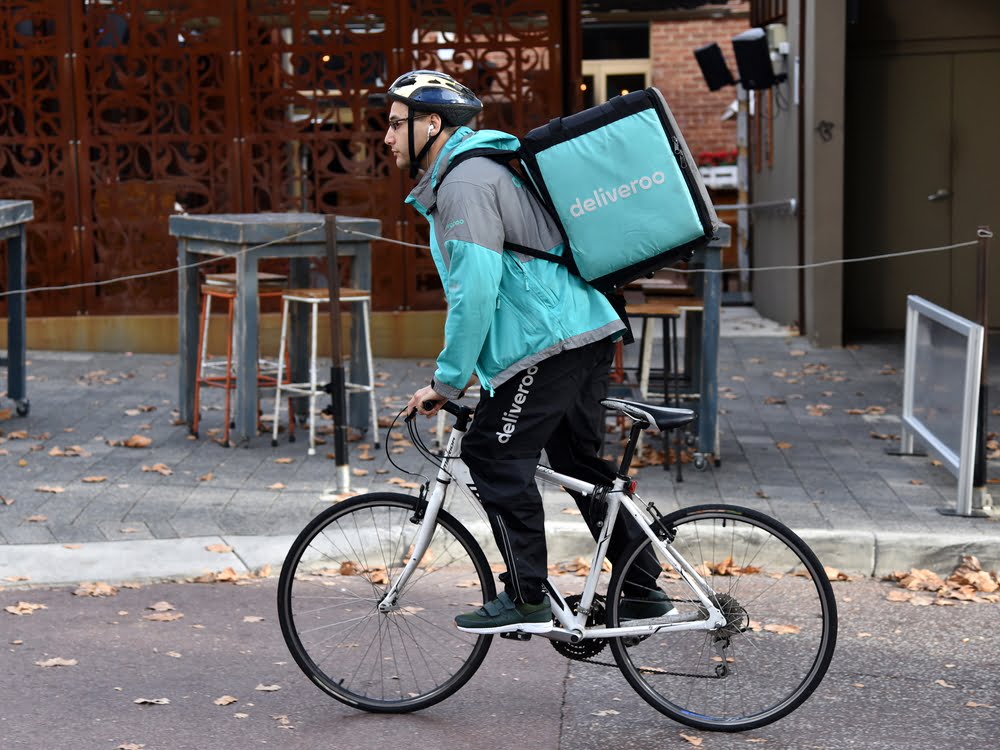Victoria’s “unprecedented” inquiry into the gig economy has been delayed by three months as the state government grapples with its role in regulating the controversial sector and protecting workers.
The inquiry, launched by the Victorian government in late 2018, was tasked with investigating the status of workers in the gig economy, allegations of exploitation in the sector, the application and effectiveness of current workplace laws and various regulations around the country.
The inquiry had been set to hand its final report, which is expected to include several legislative changes, to the state government by the end of this year.

But the inquiry has now been handed a three-month extension by the Victorian government and will hand over the report by the end of March next year.
InnovationAus understands the extension was approved due to legal complexities surrounding the sector and potential reforms, alongside the emergence of new companies and growth of the sector in general since it was launched last year.
Industrial relations minister Tim Pallas has confirmed the delay.
“The gig economy has become a big part of our daily lives and continues to grow – we need to get this inquiry right, to ensure we properly protect workers and support business,” Mr Pallas told InnovationAus.com.
“This is unprecedented work into a sector that is incredibly complex and we’re not going to rush it.”
Inquiry chair and former Commonwealth Fair Work Ombudsman Natalie James said it’s crucial that the final report gets the balance right between flexibility and ensuring workers are protected.
“It is critical that policy and regulation keeps up with the way we work in today’s economy – we need a system that provides convenience and flexibility but also gives us confidence that all parties are being treated in a fair and transparent way,” Ms James aid.
“In considering this complex and evolving aspect of the labour market, we will draw on the wealth of valuable insight shared with us by workers, businesses and platforms throughout our inquiry and we’re taking the time to do it right.”
The launch of the “Australian-first” inquiry saw the Victorian government propel itself into an ongoing federal debate over the gig economy.
The federal Opposition has backed a long-running union-led campaign for workers in the gig economy to be categorised as employees and other new regulations, while the federal government has said this will stifle the growth of the sector and create unnecessary red tape.
While the Commonwealth is responsible for employment and industrial relations, the gig economy inquiry is likely to recommend a number of levers the Victorian government can pull to improve conditions in the controversial sector.
The inquiry received 91 submissions after releasing a background paper in December. It has since hosted discussions with businesses, unions and workers across this year and is currently preparing the final report.
In a submission to the inquiry, the Centre for Future Work said there are “considerable opportunities” for the Victorian government to do this, with the “policy inertia” at a federal level placing states in a position to “exercise tactical leadership in policy development”.
“They have an opportunity to step in and fill the democratic void created by the paralysis and dysfunction of Commonwealth policies, with their own progressive policy initiatives,” the submission said.
“The Victorian government should feel confident in pushing the policy envelope to take a proactive and creative stand on the side of fairness and security for gig workers.”
Some of the largest gig economy firms in the world warned the state government against taking action in isolation in their own submissions.
“A patchwork of incompatible Commonwealth, state and territory laws and regulations risk creating confusion for riders and unfairness in the system, and so we believe that the federal government should work in tandem with the state and territory governments to solve this policy and legal challenge,” Deliveroo said in its submission.
The Transport Workers Union has been campaigning for improved rights for workers in the gig economy for several years, and its movement has the backing of federal Labor. The union has also launched a series of legal challenges against the gig economy giants, most recently against UberEats.
These are individual test cases challenging the classification of gig economy workers as independent contractors rather than employees. This is a common tactic by gig economy companies like Uber and means they don’t have to provide workers with any of the benefits associated with being an employee, like sick leave and superannuation.
Do you know more? Contact James Riley via Email.

